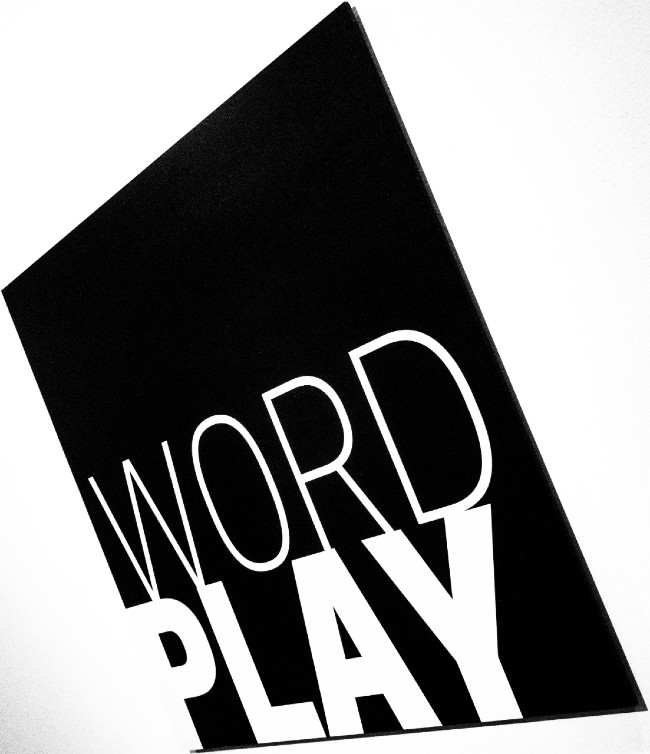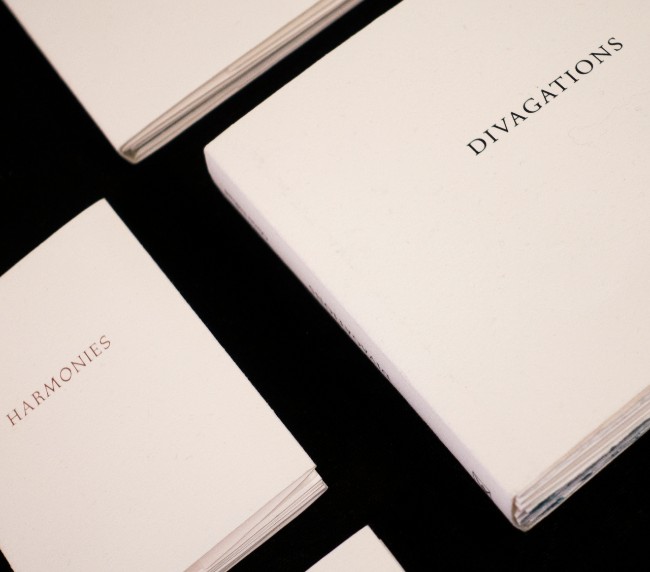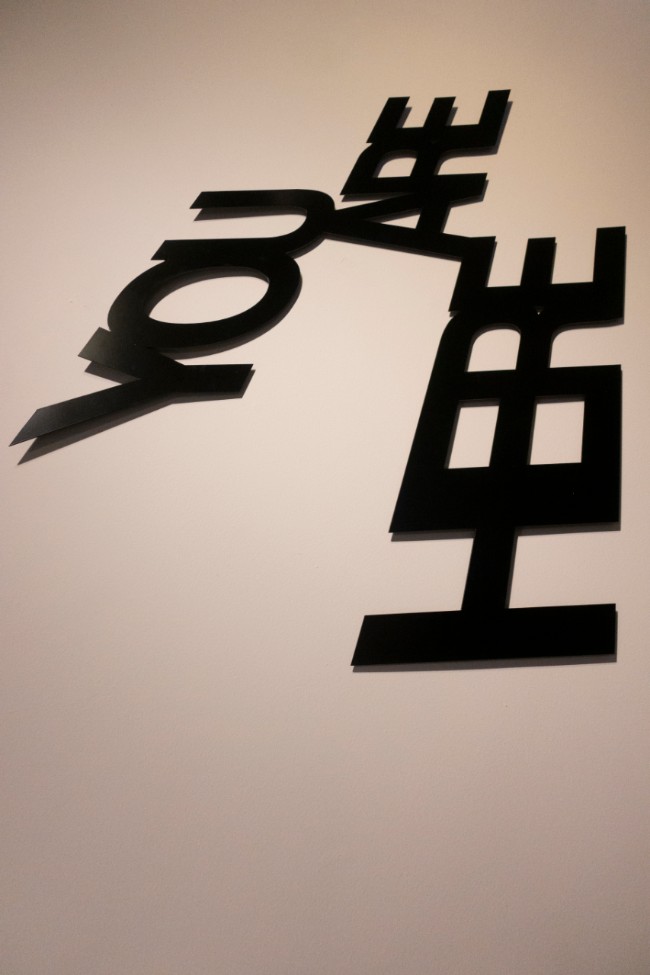Jacques Dupin: Poetry in a Time of Dislocation


Editor’s note: This is the final installment in the series “Poetry in a Time of Dislocation.” Fine art photographer Fern Nesson asserts that the place for art is critical during this time of pandemic, and she has immersed herself in the French poets, translating important works and sharing them as photo essays. This week, Fern shines the spotlight on 20th century poet Jacques Dupin.
(Check out previous installments here:
Charles Baudelaire, Guillaume Apollinaire, Paul Valéry, Christine de Pizan, Paul Verlaine, Alphonse de Lamartine, Anna de Noailles, Paul Éluard, Marceline Desbordes-Valmore, Stéphane Mallarmé, Louisa Seifert, Arthur Rimbaud, François Villon, André Breton, Louise Colet, Jacques Prévert, Pierre de Ronsard, Paul Verlaine)
It seems fitting to end this series with a poet of the word. Jacques Dupin, a 20th-century art critic and intimate friend of Joan Miró, sought a way to express life, death, light, darkness through pure words. His aim was to strip words down, as much as possible, from any encrusted associations. He wanted us to read his words without preconceptions, to hear them as if they were new to us — sounds without names — to experience their meaning directly, immediately. A tall order for a poet; an even taller one for a translator, but well worth the effort.
Dupin’s poems are long. I chose a brief (but essential) selection from Bleu et Sans Nom that speaks directly to Dupin’s preoccupation with the word.

Photo credit: Fern Nesson
Bleu et sans Nom (1981)
Que les mots fassent souche dans l’air,
à la surface et dans le profondeur de l’air,
qu’ils relancet, réactivent
une énergie disloquante
et, contre la blancheur qui les récuse, les aiguise,
contre le douleur dont ils se gorgent,
qu’ils s’écrivent, là encore, obstinément,
sans ébarber le fer, le fil, l’assiduité de la lumière,
— sans étouffer son cri, sans interrompre sa filiation
de poussière sauvage.
…
une parole et sa réverbération meurtrière,
une parole dont l’éclatment concentre la sonorité,
atrise la parfum, assourdit le sens
accroît l’illisibilité de sa charge
et acquiesce à la mort,
à l’ascendant de la lumière.

Photo credit: Fern Nesson
My Translation: “Blue, Innominate”
Let words sink their roots into air,
write them on its surface and in its depths,
so that they reanimate,
reactivated with dissociated energy,
and stand out sharply against the blank background
of the mists from which they emerge.
Let them be newly written, deliberately,
without trimming their sharp edges, without dimming their brightness without stifling their sound, without impeding their original power.
……
A figure of speech, in its deadly reverberations,
intensifies the sounds of its words and heightens their scent but obscures their meaning,
until it explodes,
conspiring in its own death,
never again to ascend to the light.

Photo credit: Fern Nesson
In conclusion:
This ends the series, “Poetry in a Time of Dislocation.” I loved writing these essays. Engagement with the words, the ideas and the spirit of French poets has been a joyous challenge. To honor the word, to choose it carefully, to imbue it with fresh meaning has lightened my days and invigorated my mind. Thank you for the opportunity to share my translations and photographs with you, fellow lovers of French language and poetry.

Photo credit: Fern Nesson

Photo credit: Fern Nesson
Lead photo credit : Photo by Fern Nesson
More in French poetry, Jacques Dupin



